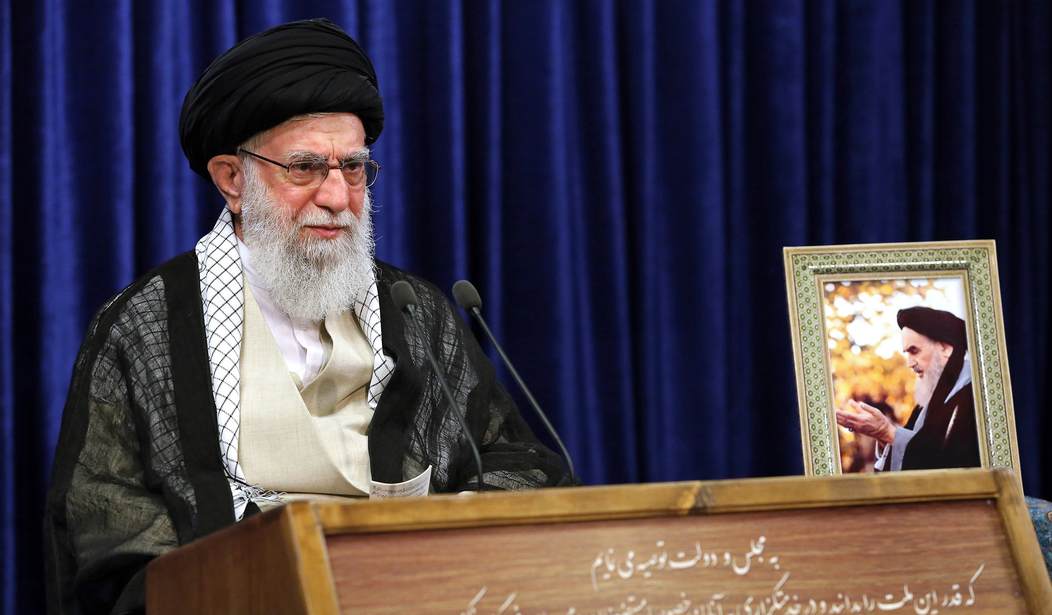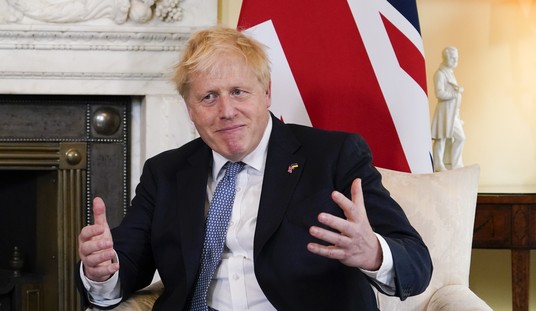It's been two weeks since Hamas leader Ismail Haniyeh was blown up in an explosion from a bomb that was placed in a guest house that the Iranian government frequently used. It was one of the most embarrassing security failures in Iran's history and brought a vow of vengeance from the Iranian government.
Iran waited 12 days to launch an attack on Israel after the strike on Iran's embassy in Syria that killed several high-ranking Revolutionary Guard officers. That retaliatory strike involved more than 300 missiles and drones, most of which were shot down by a coalition of Arab states as well as the U.S.
But this time, that coalition acting similarly is unlikely. Israel's war with Hamas and the resulting loss of civilian life has soured relations with Jordan, Saudi Arabia, UAE, and Egypt. Those nations along with U.S. and Israeli anti-aircraft fire brought down all but a handful of drones and missiles in April before they could do any damage.
Haniyeh was in Tehran attending the inauguration of Iran's new President Masoud Pezeshkian. A day before his assassination, Hezbollah commander Fuad Shukr was killed in an Israeli air attack in a suburb of Beirut. Together, the two killings marked the most telling blow against the "Resistance," as Iran calls Israel's terrorist enemies, in years.
Supreme Leader Ayatollah Ali Khamenei issued an order immediately on July 31 to attack Israel directly. Most Israeli intelligence experts believed that Khamenei would retaliate within a few days. But it's now been nearly two weeks, and Iran is in standby mode.
Iran is going to respond. However, several factors are causing Tehran to hesitate.
President Pezeshkian has been in office for a little more than two weeks. It's not likely he has been able to assemble a staff and get to know the players on his national security team. That is probably one factor in Iran's delayed response.
Another factor is that Pezeshkian is trying to balance an aggressive response with the desperate need for sanctions relief. Trump's sanctions in place since 2018 are really taking a bite out of the Iranian economy, and Pezeshkian will try to negotiate with the West for sanctions relief.
“The response has to be carefully calibrated so as not to slam shut the door of negotiations with the West that could lead to potential sanctions relief,” said Sanam Vakil, a Middle East analyst at think tank Chatham House.
But neither can Iran make a symbolic gesture in attacking Israel. It has already lost most of its credibility after Israel's strike in Tehran.
“Israel has checkmated Iran in this situation because Iran is left with no good options,” said Ali Vaez, the Iran project director of the Crisis Group think tank.
Iran must calibrate its response precisely or risk beginning a cycle of escalation that would eventually result in Israel and Iran fighting a war that Iran cannot win. That probably means the liberal use of its proxy forces: Hezbollah, the Houthi rebels, and Hamas.
Iran could strike Israel from multiple directions and in different forms. Tehran maintains a network of proxy forces including Hamas, Hezbollah and the Houthi militia in Yemen, giving it the ability to attack targets from northern Israel to the Red Sea.
Two Israeli officials and a senior Western intelligence official said last week that, based on the latest information, Hezbollah will likely strike first in a separate attack before Iran conducts its own retaliation.
Hezbollah has already been firing rockets into Israel on almost a daily basis since October 7. The terrorists fired at least 30 rockets toward Northern Israel on Sunday but have yet to use any of their Iranian-supplied intermediate-range ballistic missiles that could hit every city in Israel.
Without the air defense umbrella of semi-friendly Arab states, it's doubtful that Israel and the U.S. could successfully defend against any large-scale attack by Iran and Hezbollah. But does Iran really want a huge success?
The balancing act that Iran is attempting will fail. It will end up alienating hawks in Iran and others in the Arab world who fear escalation. It's not exactly a no-win scenario for Iran, but there few good outcomes for the Islamic nation.










